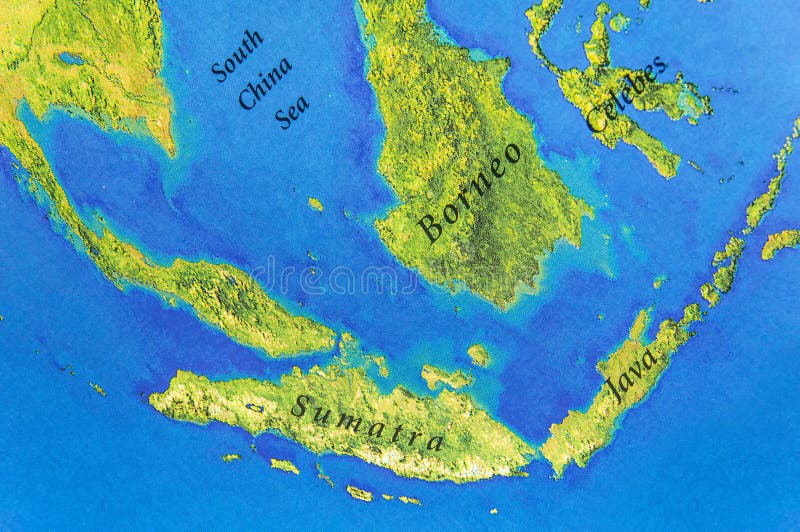

Of the exports, 25% are arabica beans the balance is robusta. Of this total, it is estimated that 154,800 tons were slated for domestic consumption in the 2013–2014 financial year. Indonesia produced an estimated 660,000 metric tons of coffee in 2017. Indonesia is geographically and climatologically well-suited for coffee plantations, near the equator and with numerous interior mountainous regions on its main islands, creating well-suited microclimates for the growth and production of coffee. Coffee cultivation in Indonesia began in the late 1600s and early 1700s, in the early Dutch colonial period, and has played an important part in the growth of the country. Indonesia was the fourth-largest producer of coffee in the world in 2014.

The new Indonesia, with a population of 78 million on an archipelago approaching 2 million square kilometres of land, immediately became an important factor in the Southwest Pacific.Coffee being roasted at Toko Aroma, Bandung, Indonesia The Dutch released thousands of political prisoners before independence was formally celebrated on December 27th. The thorny question of Dutch New Guinea (Irian Jaya) was put aside for later. On November 2nd, after ten weeks of haggling, the conference reached an agreement which transferred Dutch sovereignty to the United States of Indonesia, with Queen Juliana of the Netherlands as titular head of a new Netherlands-Indonesian Union, Sukarno as Indonesian president and Hatta as prime minister. The nationalist delegates were skilfully led by Hatta. Eventually a conference of 120 delegates assembled at The Hague in August 1949 under the chairmanship of the Dutch prime minister, Willem Drees. Dutch forces made substantial headway in Java and Sumatra, but there was fierce criticism in the United Nations, and the United States pressed for a negotiated solution. Both had collaborated with the Japanese and helped to organise a Japanese-backed Indonesian army.Įquipped with Japanese weapons, the nationalists waged an armed struggle against the Dutch, who had powerful economic reasons for recovering the East Indies and believed that most Indonesians wanted them to return. So had Hatta, a Sumatran with a Rotterdam University degree in economics. He had been imprisoned and exiled by the Dutch. Sukarno, the son of a school-teacher and Theosophist, had little time for religion or ideology and believed himself a man of destiny. Neither Communism nor Islam much appealed to the nationalists, who were led by Achmed Sukarno and Muhammad Hatta. When the Japanese surrendered in 1945, the East Indies nationalists seized the opportunity to throw off the colonial yoke of the Dutch and proclaim the independent state of Indonesia which the Japanese had promised them.


 0 kommentar(er)
0 kommentar(er)
